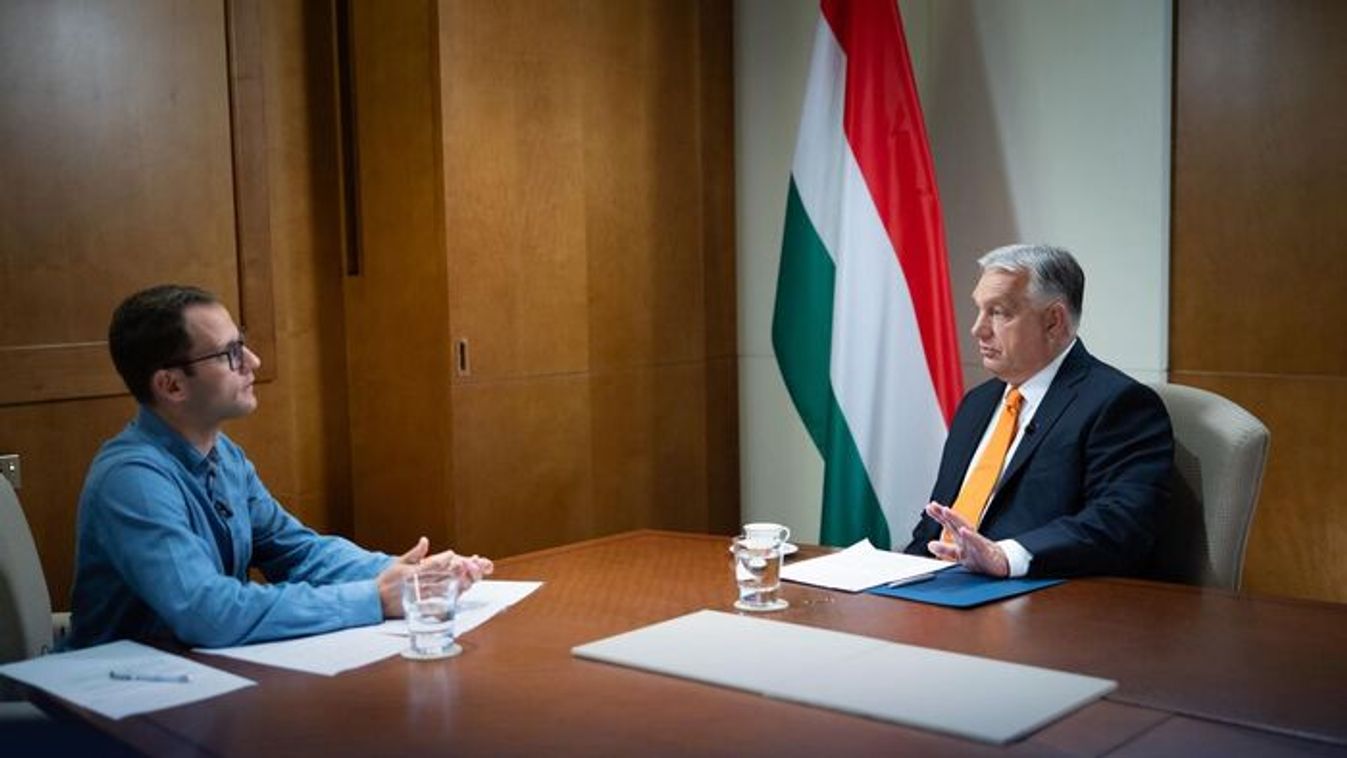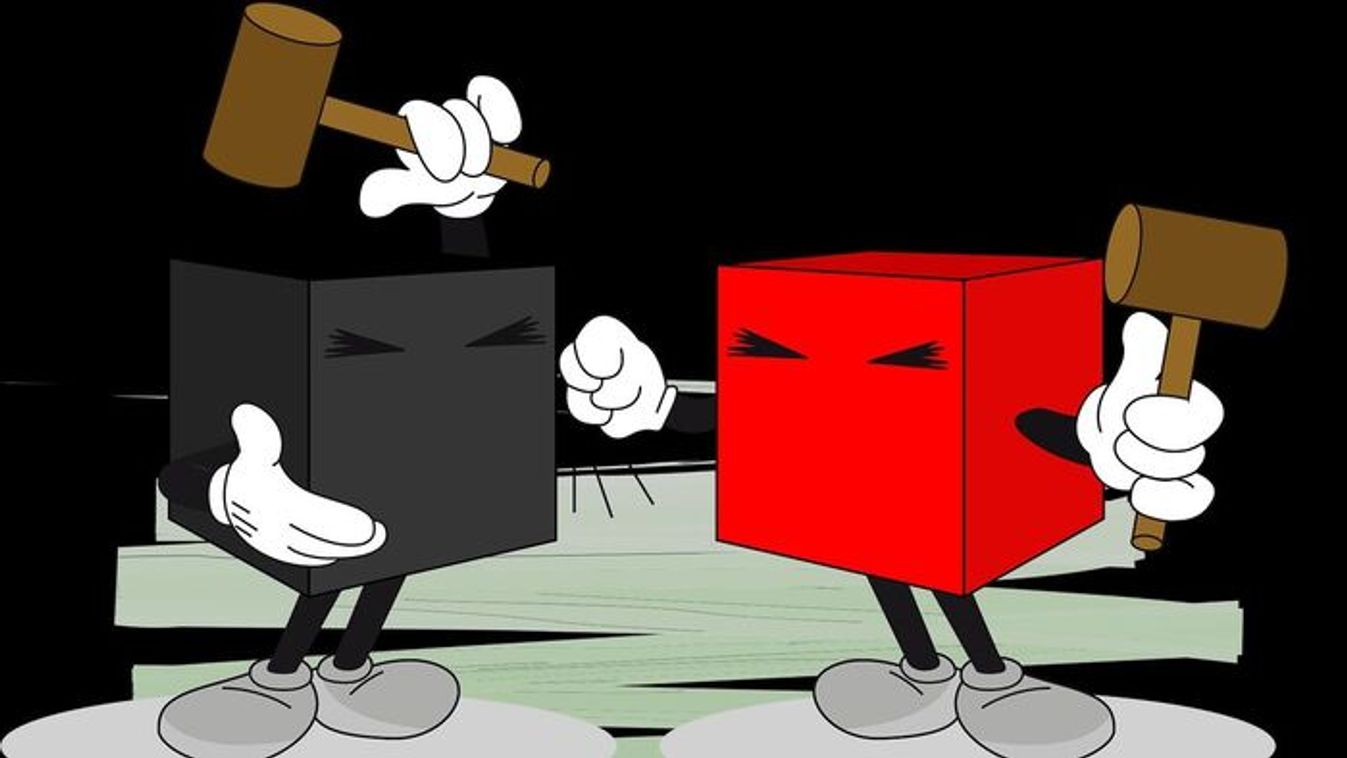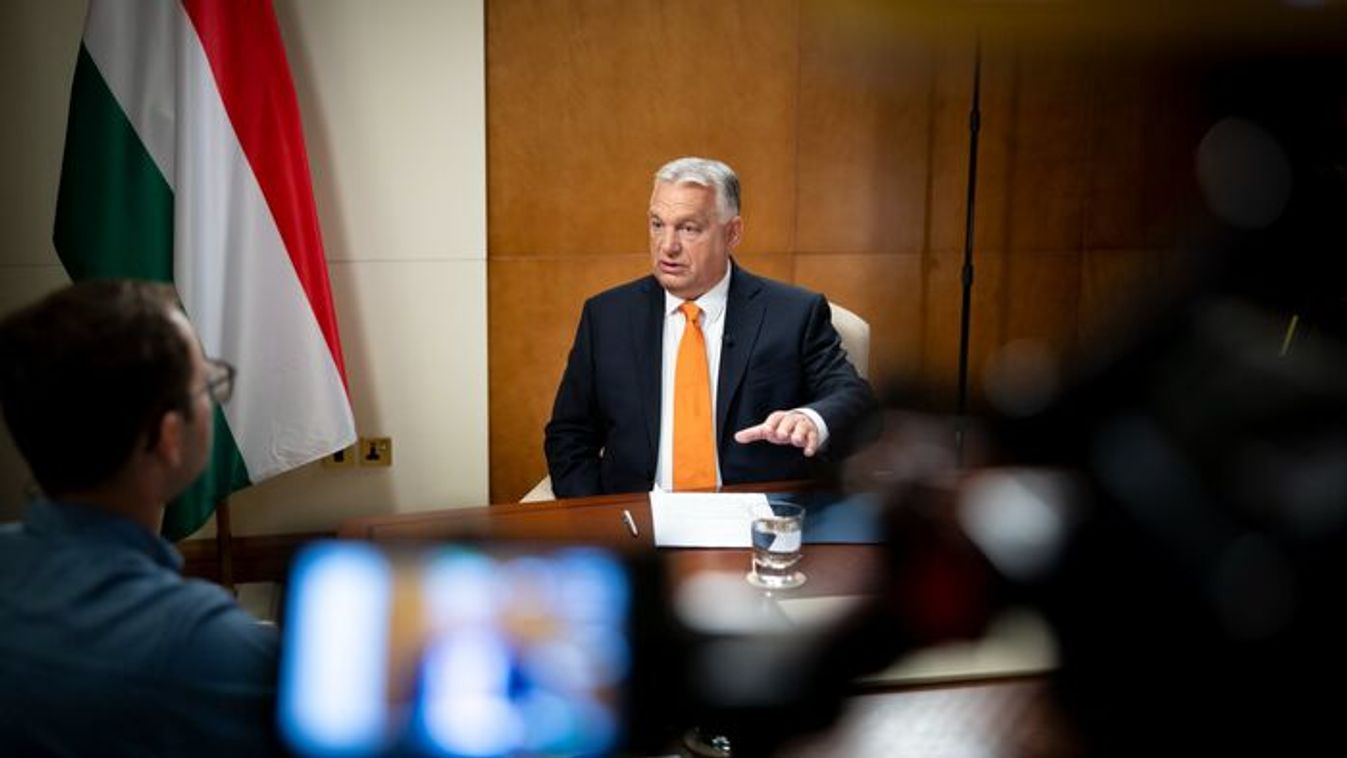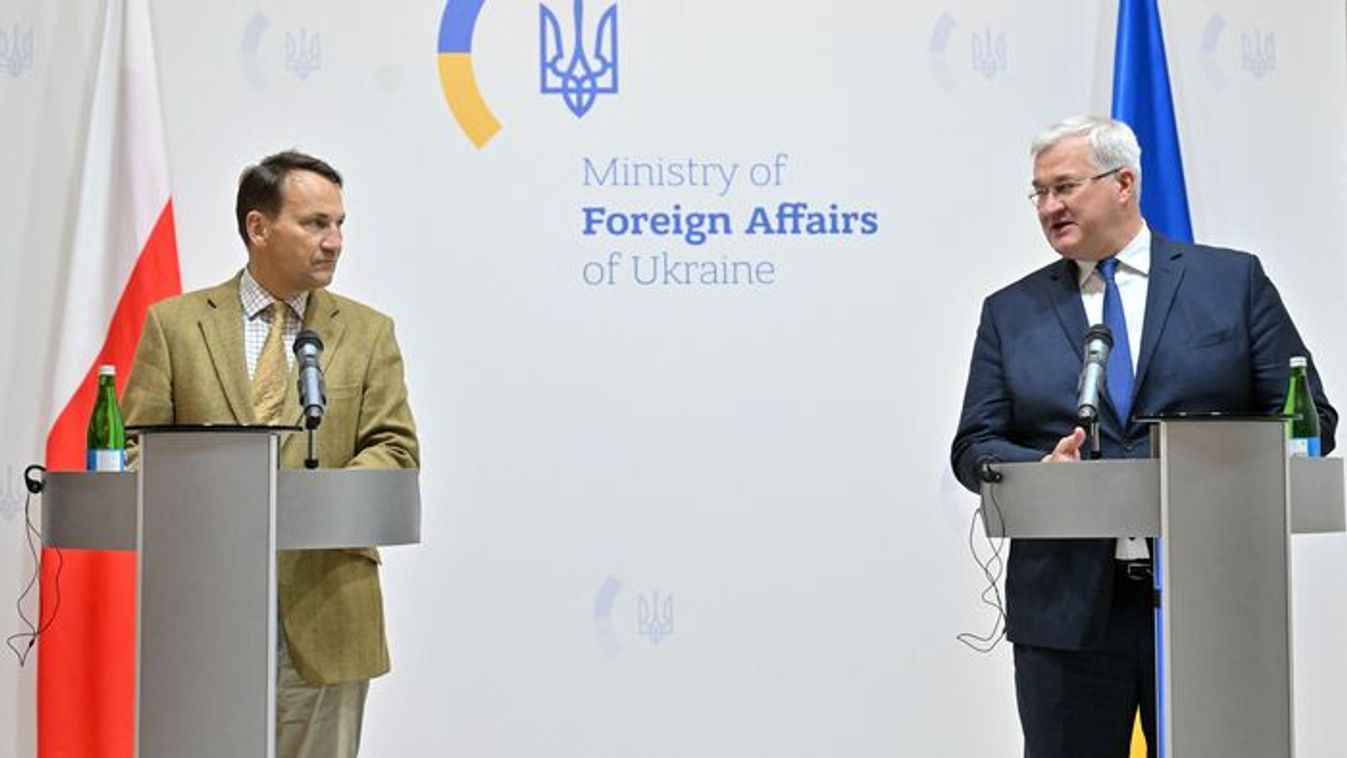„Hungary is under the international spotlight. In January the country takes over the rotating presidency of the European Union. But there is growing alarm about the increasing centralisation of power under the right-wing Fidesz government led by Viktor Orban, Hungary’s pugnacious prime minister. Fidesz won an unprecedented two-thirds majority in April’s general election. Since then, say its critics, it has embarked on a power grab, taking over almost every independent institution. Pal Schmitt, an emollient former member of the European Parliament, has been appointed to the presidency. A »statement of national co-operation«, to be placed in public buildings, claims that only now has Hungary regained its self-determination, though it has been a democracy for two decades.
Party nominees have been elected to all five seats on a powerful new media council. This supervisory body will have an unparalleled mandate to impose large fines on print, online and broadcast media for such vague transgressions as offending »human dignity«. Its powers are causing alarm. Magazines and newspapers have published blank front pages in protest, and international bodies such as the Organisation for Security and Co-operation in Europe have called for a rethink. The members of the council insist that they will not be pushed around by the government.
The charge sheet does not end there. The constitutional court’s jurisdiction over financial matters has been severely restricted. The government has imposed crisis taxes on banks, energy, telecoms and retail companies, alarming foreign investors. It has raided private pension funds. The fiscal council, which provided independent oversight of the budget, has been scrapped, though it will have a successor. Opposition politicians and civil-society activists hoping that the forthcoming EU presidency would bring outside pressure to bear on Fidesz have been disappointed. The priority in Brussels is for smooth management over the next six months, not bust-ups over press freedom. The government was elected with a clear mandate for change, comments one senior EU official.”









